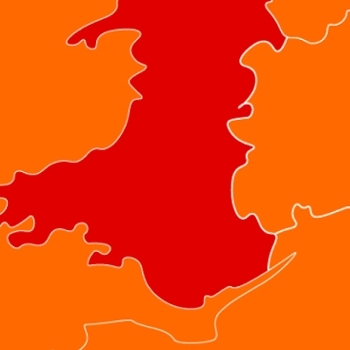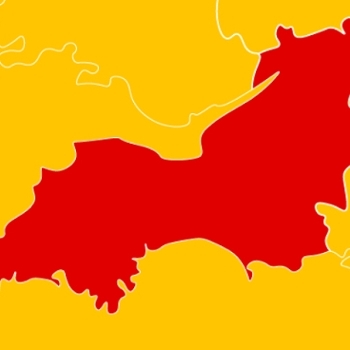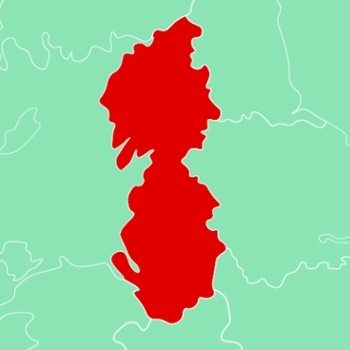It’s not easy being green
Add to calOnline - Zoom
By Professor Peter Holliman,
Chemistry Engineering Materials Environment Group (CEMEG), Swansea University
To register please click here protect-eu.mimecast.com/s/Km6iCY56ZFp1lZiMUdGd?domain=eur03.safelinks.protection.outlook.com" target="_blank">EVENTBRITE
Talk Abstract
But what does being green really mean?
The Industrial Revolution was driven by fossil fuels and, since then, the global economy has thrived and grown using coal, oil and natural gas. However, as long ago as 1896, Arrhenius predicted a link between atmospheric CO2 and rising atmospheric temperatures1. Since the 1950s, this prediction has come to pass with clear increases in tropospheric CO2 rising from about 315 ppm to more than 400 ppm. And recently increasing temperature and extreme weather events have reflected our changing climate.
So how easy is it to be green when we have a well-established global economy based on fossil fuel to the point where, for example, crude oil prices or coal consumption can be used to measure economic success. And given this established equilibrium, how do we transition away from fossil fuels to a greener global society against a backdrop of rapid population growth, ever increasing demands on resources and extrapolating predictions of future energy demands? For example, should we use carbon taxing, should we decarbonise and, if so, what might that look like?
Using case studies relevant both to south Wales and internationally, this talk will consider the green paradox and how this impacts on raw materials, manufacturing and recycling.




